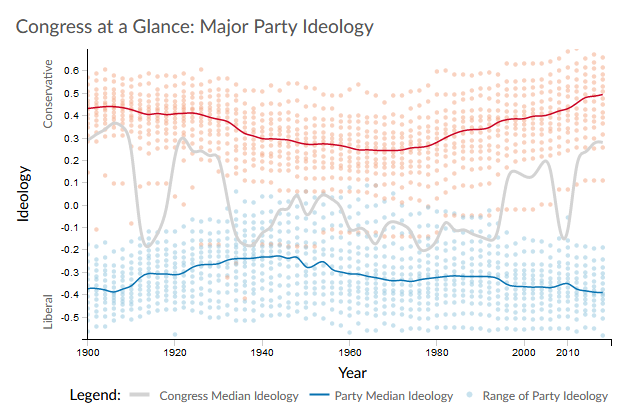Remember when Tumblr decided to ban adult content? Well one thing I learned from all of that, is that it’s traceable to a specific set of laws, passed earlier this year, and which will begin to be enforced in January. I’m referring to SESTA & FOSTA.
I don’t really need to explain it, since Vox has already done a good job, and there’s a website dedicated to stopping SESTA & FOSTA. Here I give the short version.
SESTA & FOSTA are a pair of laws intended to fight sex trafficking. Under previous law, websites with user-created content could not be held liable for the civil wrongs of its users (however they are liable for federal crimes and intellectual property laws). SESTA & FOSTA add an exception, making websites liable for sex trafficking and sex workers who advertise services. Lumping together sex trafficking and sex work does not make sense. And arguably this does not stop trafficking or sex work, but rather makes things less safe for sex workers and trafficking victims.
In any case, the proof is in the pudding that SESTA & FOSTA are too broad and vaguely written. Many tech companies, including very large ones that can certainly afford liability insurance, now think it’s too risky to host content that has even the vaguest resemblance to sex work. I mean, Tumblr banned illustrated porn. Facebook’s new content guidelines are so vague that they could include solicitations for dating, or even private banter between couples.
The upshot is that this passed congress without any significant opposition. The Senate voted 97 to 2, and the House voted 388 to 25. Clearly most of congress didn’t understand the implications of what they voted on. Call your representatives and let them know.

